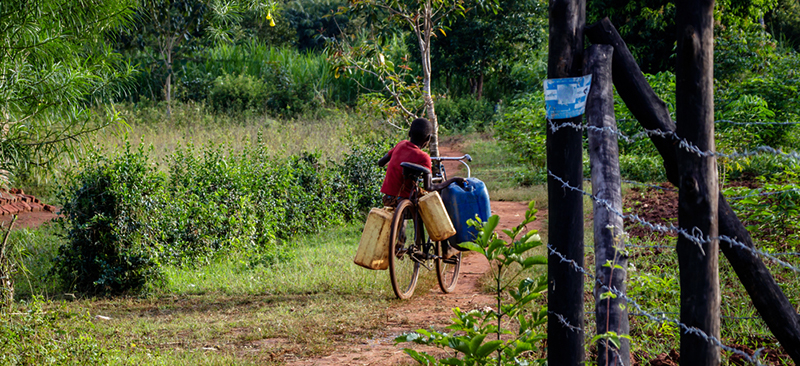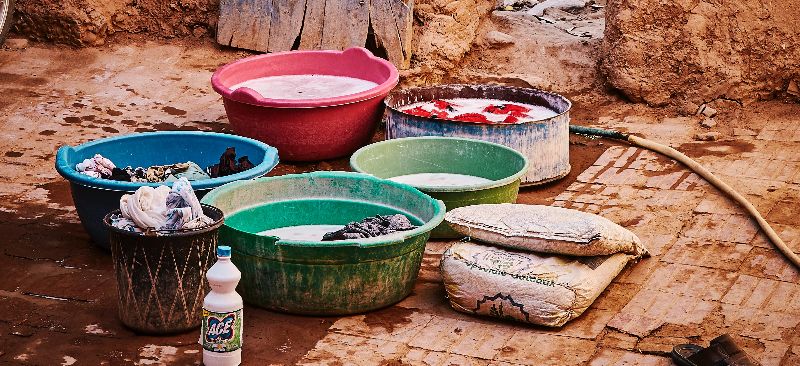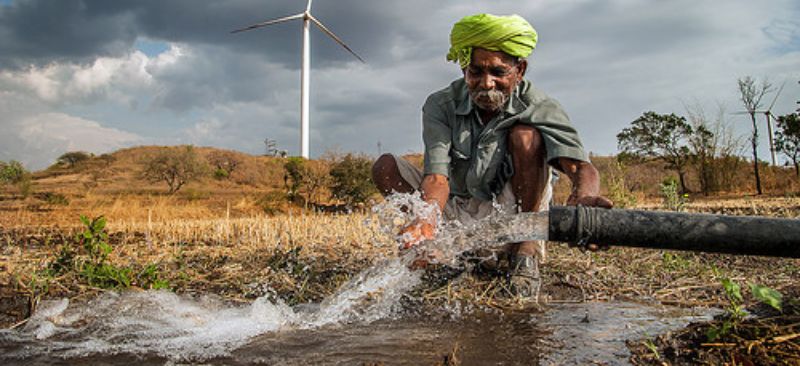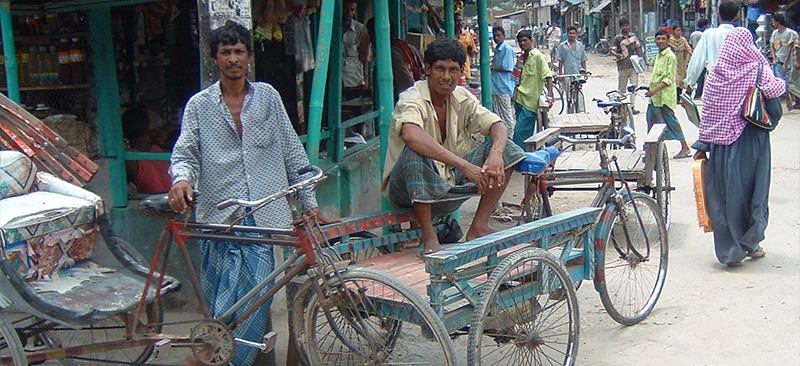
Development of toolkits to enable financial institutions in lending for WASH needs of their clients in Asia, Africa, and Latin America.
Water.org hired MSC to scale up its WaterCredit concept to develop toolkits to help banks, MFIs, and NGOs to build their WASH finance portfolios. WaterCredit is an innovative concept that Water.org promotes in the developing world. It provides financial and technical assistance to its microfinance partners to develop loan products for the WASH needs of underserved households.
MSC developed a series of five toolkits to help WASH participants identify opportunities for WASH finance, develop WASH finance products, market their WASH finance product, develop delivery systems, and manage WASH portfolios. Partners of Water.org have used these toolkits extensively across Asia, Africa, and Latin America.
WaterCredit has benefitted more than 12 million families in accessing water and sanitation facilities across 12 countries. In Africa alone, more than 10 banks and MFIs have used these products. One hundred and fifty bank managers in Kenya, Uganda, and Tanzania have received training on the application of the toolkits. Water.org reported in 2017 that WaterCredit has catalyzed USD 1.5 billion in commercial finance to the WASH sector.

MSC assessed the market for Water.org’s WaterCredit offering in central and south India. The assessment highlighted the demand and uptake of existing WaterCredit programs and analyzed the existing capacity of microfinance players in offering water credit.
This assessment helped Water.org to expand its partner base for water credit initiatives in India. At the time of writing, Water.org had 21 microfinance partners in India through which it had reached more than 7 million people across 12 states.

At the end of a three-year project on WASH loans, Friends of Women World Banking (FWWB) India contracted MSC to conduct an impact evaluation of its WASH loan portfolio. The WASH loan project involved the microfinance institutions (MFIs) ESAF and Grameen Koota (now CreditAccess Grameen) that received funding from FWWB. These MFIs were tasked to develop and offer water and sanitation loan (WASH) products to their customers. The loans were designed to finance the building of toilets and to facilitate water connections from public utilities.
MSC was engaged to conduct the impact evaluation in the cities of Nagpur and Bangalore. The objective was to understand the key success factors to run a WASH loan program sustainably, as well as the nature of challenges and issues that microfinance institutions faced in implementing such programs. MSC conducted two rounds of evaluation and recommended changes to the product features and product communication strategy to help ESAF and Grameen Koota improve the loan products and to scale them.
Based on this work, FWWB supported 370 institutions that disbursed more than 45,000 toilet loans. The FWWB project has had an impact on over 1 million women across 17 states in India.

MSC works with governments to implement large-scale programs. We provide strategic support by establishing technical support units and project management units. Our ground-level support provides the initial momentum for the respective programs and establishes their governance structure.
A key project in this context has been Pathways to Enhancing Financial Inclusion (PEFI) project in aspirational district. PEFI was established to achieve the Sustainable Development Goals by supporting NITI-Aayog (National Institution for Transforming India), the policy think tank of the Indian government.
At the time of writing, MSC had been working to enhance the status of six selected indicators of financial inclusion in 27 aspirational districts. These districts had a cumulative population of 44 million people, spread across eight states in India. The project involved stationing financial inclusion coordinators in each district to work alongside the existing government and banking machinery to support, develop, and customize models of financial inclusion.
The project addresses four key issues:
- Improving the reach and performance of agent networks.
- Use of self-help groups (SHGs) to promote digital financial inclusion.
- Improving uptake and usage by women.
- Delivering effective financial education.

MSC designs, re-engineers, and digitizes processes for large-scale government programs. We use elements of human-centered design and our acclaimed process design toolkit to execute such assignments. A key project in this area is the re-engineering of processes for the rural employment program (MGNREGA) of the government of the state of Jharkhand in India.
MSC identified gaps in the processes and system of disbursement of MGNREGA payments through post offices. We recommended alternative withdrawal mechanisms, including the use of banking agents.
Through this work, MSC helped the Government of Jharkhand to reduce the time it takes to pay beneficiaries from 28 days to one day using India Post accounts to receive funds. Our intervention had an impact on 6.7 million active MGNREGA workers. MSC submitted the improved MGNREGA process maps to the Ministry of Rural Development (MoRD), which forwarded these to India Post for a roll-out across the country.

MSC provides sustained monitoring and evaluation support to improve systems and processes for clients. We use a mixed-method approach that stems from our signature in-house Market Insights for Innovation and Design (Mi4iD) approach.
A key assignment for MSC in this area was the direct benefit transfer (DBT) initiative in fertilizer in India. MSC worked with the Ministry of Chemicals and Fertilizer (MoC&F) to design and implement reforms in the highly complex fertilizer distribution system. MSC designed the initial pilot in two districts and deployed a full-time team to support the pilot. The pilots successfully drove changes to the design of MoC&F interventions.
MSC helped the government to roll out the fertilizer subsidy project in additional districts and supported a concurrent evaluation of the project. The government decided to roll out the project across India based on our recommendations. At the time of writing, we have been conducting a pan-India evaluation of the DBT program.
Because of MSC’s intervention, the time it takes per transaction with biometrics reduced from 10.5 minutes to five minutes, margins for retailers doubled, and many other technical changes came into effect. This project will have an impact on 118 million farmers and result in efficiencies on an annual subsidy of USD 11 billion.





